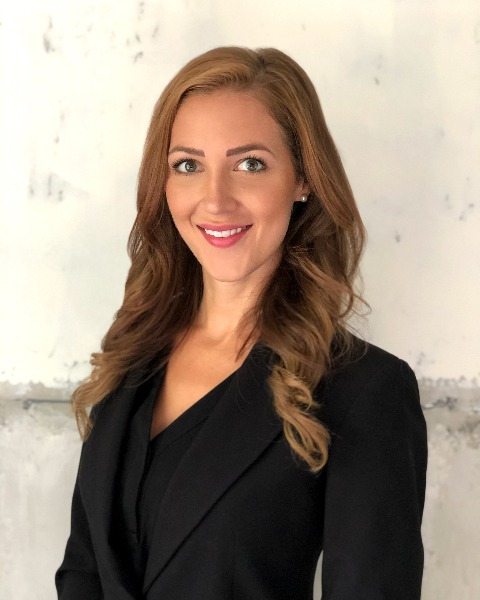National Survey of Pediatric Critical Care Fellows on Debriefing After Medical Resuscitations
-

Nicole Sather, MD
PICU Hospitalist
Advocate Childrens Hospital
Oak Lawn, IllinoisDisclosure information not submitted.
-
VH
Vinod Havalad, MD
Pediatric Intensivist
Advocate Children's Hospital, United StatesDisclosure information not submitted.
-
KK
K Khan, MD
Pediatric Intensivist
Advocate Children's Hospital
Chicago, Illinois, United StatesDisclosure information not submitted.
-
KZ
K Zinns, MD
Pediatric Emergency Medicine Physician
Advocate Children's Hospital
Chicago, Illinois, United StatesDisclosure information not submitted.
-
GB
Gillian Brennan, MD
Neonatologist
University of Chicago, United StatesDisclosure information not submitted.
-
LG
Lily Guo, n/a
Medical Student
Rush University Medical School, United StatesDisclosure information not submitted.
First Author(s)
Co-Author(s)
Title: National Survey of Pediatric Critical Care Fellows on Debriefing After Medical Resuscitations
Introduction: Current guidelines recommend debriefing following medical resuscitations to improve patient outcomes and decrease rates of provider burnout. However, debriefing practices by Pediatric Critical Care Medicine (PCCM) fellows have not been studied. The goal of this study is to describe current debriefing practices of PCCM fellows to identify potential gaps in fellow education.
Methods: A 13-item electronic survey was distributed to fellows in all ACGME-accredited PCCM programs in the United States. The survey addressed frequency and timing of debriefings, whether formal training is provided, which medical professionals are present and providers’ comfort level leading a debrief. Results were analyzed using descriptive statistics.
Results: A total of 103 responses were gathered from current PCCM fellows. All fellows (100%) reported participation in a medical resuscitation. Only 20.4% stated that debriefs occurred after every resuscitation event, and 43.7% did not follow a structured protocol for debriefing. While 66% reported feeling very or somewhat comfortable leading the debrief, 22% felt either somewhat uncomfortable or very uncomfortable. A vast majority (92%) of fellows believe that debriefing would be helpful in improving team member performance and would be interested in learning more about debriefing.
Conclusions: A majority of fellows have never received formal training on how to lead a debriefing. Given the significant proportion of fellows who do not feel comfortable leading a debriefing but feel that this practice is crucial for provider wellbeing and future performance, there is a clear need for increased incorporation of debriefing training into PCCM curricula across the United States.
